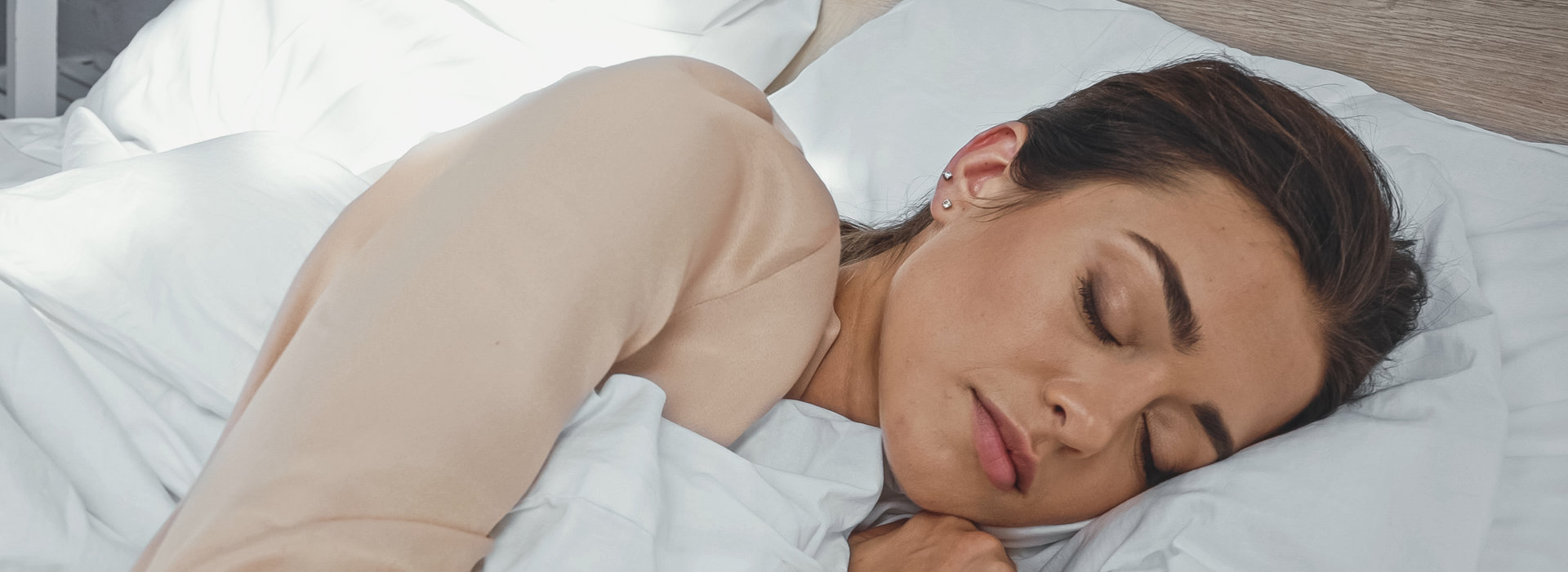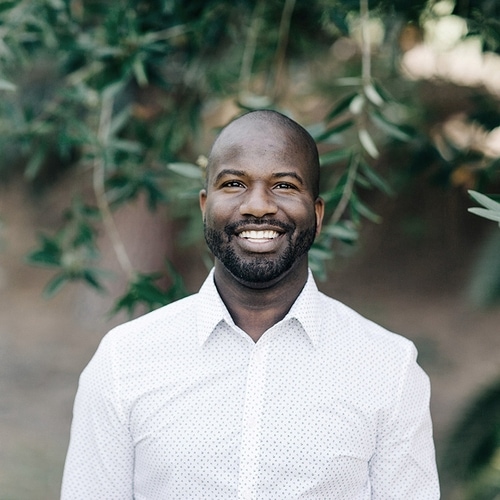Overcome Sleep Apnea and Chronic Snoring with Effective Treatment from Neal Edwards DDS
Just about everyone snores occasionally. It’s estimated that about 25% and 40% of women and men, respectively, are habitual snorers. Although snoring might seem like a harmless habit or a mere nuisance to your sleeping partner, it can be a sign of sleep apnea — a severe sleep-disordered breathing condition that results in cessation of breathing when sleeping.
Sleep apnea not only disrupts your sleep. It can put you at risk of diabetes, heart disease, stroke, depression and other health complications. Sleep apnea isn’t a condition that should be taken lightly. Patients suspecting this condition should book an appointment with Neal Edwards DDS, in Riverside, California, for effective treatment before things get out of control.
What is sleep apnea?
The word “apnea” means “without breath.” Patients with sleep apnea stop breathing when sleeping. While this stoppage in breathing lasts for a few seconds, these episodes may happen several times in a night.
But why does breathing stop? Patients with obstructive sleep apnea (OSA) experience blocked airways when the soft tissues at the back of the throat collapse. Some patients suffer from central sleep apnea (CSA), where the brain fails to send the right signals to the breathing muscles. Although rare, some patients suffer from both types of sleep apnea.
Symptoms of sleep apnea
Chronic snoring is the hallmark symptom of sleep apnea. However, because the body doesn’t receive the much-needed oxygen when sleeping, sleep apnea patients may experience symptoms like:
- Morning headaches
- Waking up with a sore throat
- Lack of sleep (insomnia)
- Loss of libido
- Poor concentration
- Daytime fatigue
How we treat sleep apnea
The standard treatment for sleep apnea has always been a CPAP device. However, many patients find CPAPs irritating, noisy, and cumbersome; hence drop them halfway through treatment. Instead of CPAPs, Dr. Neal Edwards has a simple, non-invasive treatment. We use a customized mouthpiece (oral appliance therapy) to combat sleep apnea.
A dental splint works by repositioning your lower jaw and keeping your airway open when sleeping. This results in reduced snoring and more restful, restorative sleep. When your body gets enough sleep and oxygen, this reduces the risk of health complications.
Schedule an appointment with a sleep apnea dentist today!
Losing the battle with sleep apnea? Can’t tolerate a CPAP machine for your sleep apnea? Please dial (951) 614-0033 to book an appointment with Neal Edwards DDS. Dr. Neal Edwards treats sleep apnea with a simple, easy-to-use dental device.






